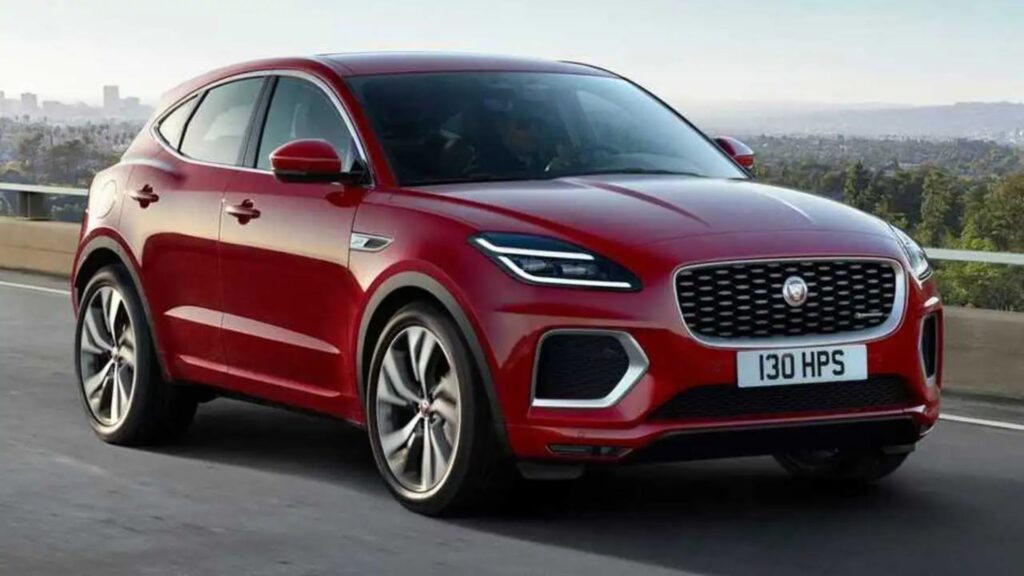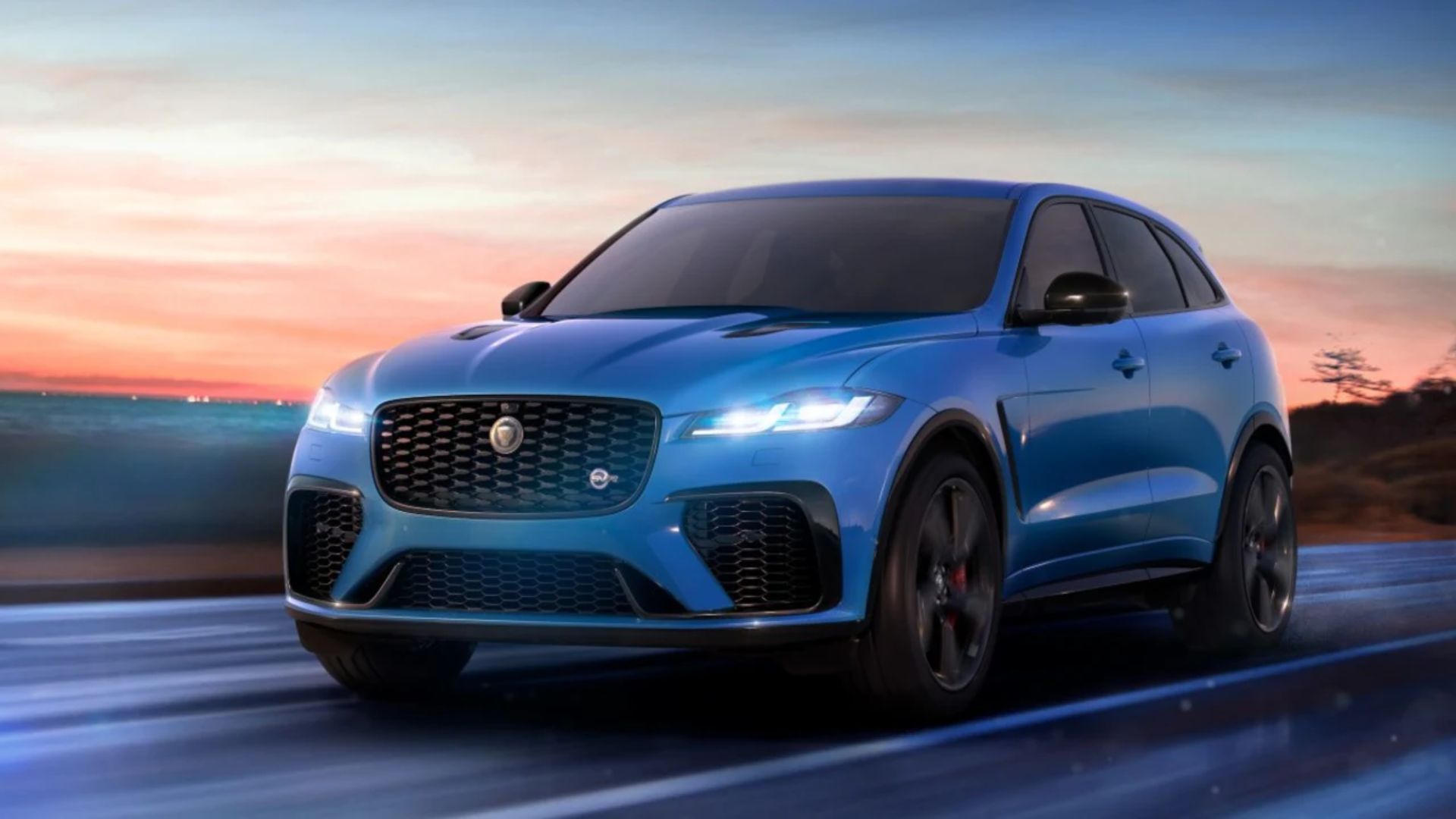In a bold and unprecedented move, Jaguar Land Rover (JLR) has announced the discontinuation of all Jaguar models except for the F-Pace SUV. This decision comes as part of a strategic overhaul aimed at repositioning the iconic British brand in the ultra-luxury market. The shift was unveiled during a recent investor day, revealing JLR’s new ‘halo strategy’ that targets the sale of high-value, special edition vehicles priced at over $2 million.

Jaguar’s dramatic reduction to a single model marks a historic pivot for the automaker. The company’s Castle Bromwich plant has already produced the last units of the F-Type, XE sedan, and XF Sportbrake, leaving the F-Pace as the sole survivor in Jaguar’s lineup. JLR CEO Adrian Mardell explained that none of the discontinued models were profitable, prompting the drastic consolidation. The F-Pace, which accounted for a third of Jaguar’s global sales in the most recent quarter, will now carry the brand’s legacy forward.
The new ‘halo strategy’ aims to elevate JLR into the stratosphere of ultra-luxury vehicles, targeting models starting at 1.5 million pounds ($1.95 million USD). This move positions Jaguar alongside elite manufacturers like Bugatti, Ferrari, and McLaren. Historically, Jaguar’s high-value offerings have been limited to its Continuation models, such as the Lightweight E-Type and XKSS, priced around $1.5 million. The new approach aims to compete with vehicles like the Bugatti Mistral, which starts at $5.1 million.
Jaguar is set to unveil an electric concept later this year, speculated to be a four-seat GT with four doors. This model will showcase the new Jaguar Electrified Architecture, promising at least 450 horsepower, all-wheel drive, and all-wheel steering. The concept will emphasize minimalist design, extensive use of touchscreens, sustainable materials, and a notable absence of rear windows, replaced by a digital ‘mirror’ at the base of the windscreen.
While Jaguar shifts its focus, Range Rover continues to lead JLR’s sales, with the Range Rover, Range Rover Sport, and Defender models comprising 59% of the group’s total sales. The first production EV from JLR will be a battery-powered Range Rover, anticipated to debut before the year’s end, further cementing the brand’s commitment to electrification.
Jaguar’s radical transformation underscores a bold strategy to redefine its market position and financial viability. As the brand consolidates its lineup and ventures into the ultra-luxury segment, it remains to be seen how these changes will resonate with traditional Jaguar enthusiasts and new buyers alike. The upcoming electric models and the exclusive, high-priced editions will be crucial to Jaguar’s ambitious new chapter.
